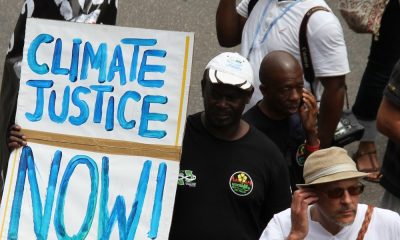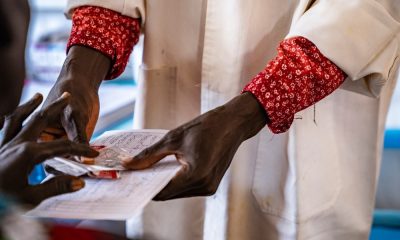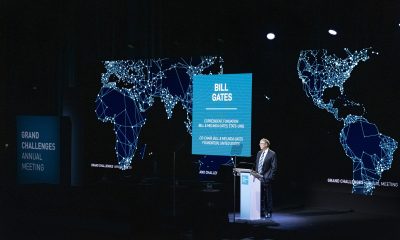ENERGY minister Makozo Chikote has refuted claims that Zesco is either selling power to the Democratic Republic of Congo (DRC) or engaging in third party brokers in its import arrangements, calling such claims misleading and politically charged.
https://www.facebook.com/share/p/1H1dPi7QY6
Chikote clarified that while electricity is flowing through Zesco’s transmission lines to other countries, the company is not the source of that power.
Appearing on Diamond TV, Sunday, Chikote said independent power firms are moving electricity through the infrastructure as Zesco simply facilitates that movement and charges a service fee.
“These services, often referred to as wheeling, involve transporting power generated elsewhere by private companies who hold valid licenses to export. The firms currently using Zesco’s network for such exports include Copperbelt Energy Corporation (CEC), Enterprise Power, Kanona, and GreenCo Services,” revealed Chikote.
Chikote argued that these businesses are operating within legal and regulatory frameworks, and warned against attempts to paint them as exploitative or part of a corrupt system.
“They are not intermediaries selling power to Zesco. They operate independently and contribute to the broader regional power market,” he said.
The minister also addressed speculation that Zesco is buying electricity through middlemen inflated rates, stressing that the national utility deals directly with regional suppliers, such as Eskom (South Africa), EDM (Mozambique), ZESA (Zimbabwe), and through the Southern African Power Pool (SAPP).
On the issue of ongoing power exports, he acknowledged that Zambia had been sending electricity to neighbouring countries earlier in the year.
However, he noted that export volumes have been drastically reduced in response to the domestic power shortage.
According to Chikote, Zesco cut back exports from a high of 520 megawatts in March 2024 to around 150 megawatts currently.
He emphasised that many of these export contracts were signed years before the current crisis began, and in some cases, are linked to financing agreements or power generation projects inherited from the previous administration.
“These contracts were not created overnight, many are tied to loans Zesco acquired or to infrastructure projects that benefit Zambia in the long run,” he explained.
“Namibia, which was previously receiving 180 megawatts, is now getting just 50. Similarly, Zimbabwe and Botswana have seen their allocations reduced to below 50 megawatts each.”
Chikote defended the decision to maintain reduced exports, saying that the revenue generated is helping to fund emergency imports needed to stabilise the grid.
He also underlined Zambia’s obligations under the Southern African Power Pool, noting that sudden withdrawal from regional power-sharing agreements would isolate the country and cut it off from critical import routes.
“If we walk away from these agreements, we lose access to power when we need it most. This is a regional system, and cooperation is essential,” he added.
Chikote further assured the nation that government has put in place strategic measures to improve electricity supply and expressed optimism that as new initiatives take effect, Zambians will begin to see an easing of the power crisis.
By Sharon Zulu
Kalemba September 23, 2025
AUTHORITIES in Mansa have shut down Choppies Supermarket after the store failed to address serious sanitation issues that posed a risk to public health. https://www.facebook.com/share/p/19L7izRxpG […]
LUMEZI Town Council (LTC) has scored a major victory in its fight to recover public funds, successfully reclaiming over K420,000 from Constituency Development Fund (CDF) […]
THE Lusaka City Council (LCC) has reduced rentals for upstairs shops at Simon Mwewa Lane Market from K1,500 to K1,000 in an effort to encourage […]
source

 Local6 days ago
Local6 days ago
 Local6 days ago
Local6 days ago
 Local5 days ago
Local5 days ago
 Local4 days ago
Local4 days ago
 Local2 days ago
Local2 days ago
 Sports5 days ago
Sports5 days ago
 Local4 days ago
Local4 days ago
 Local3 days ago
Local3 days ago














